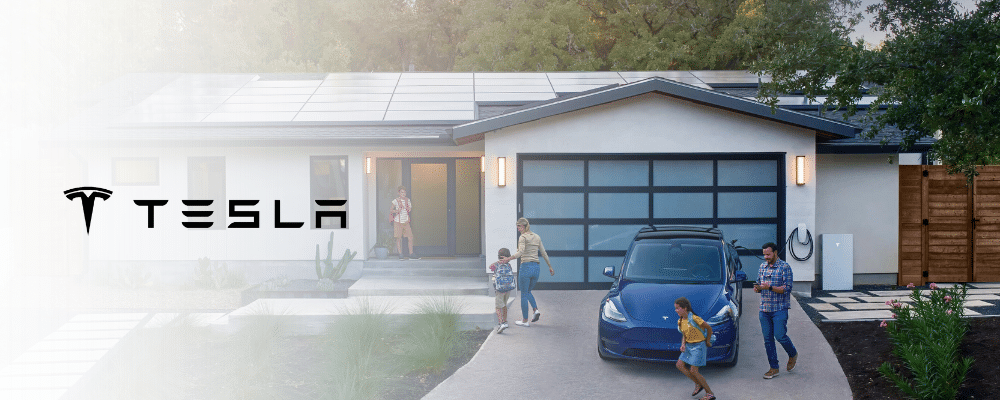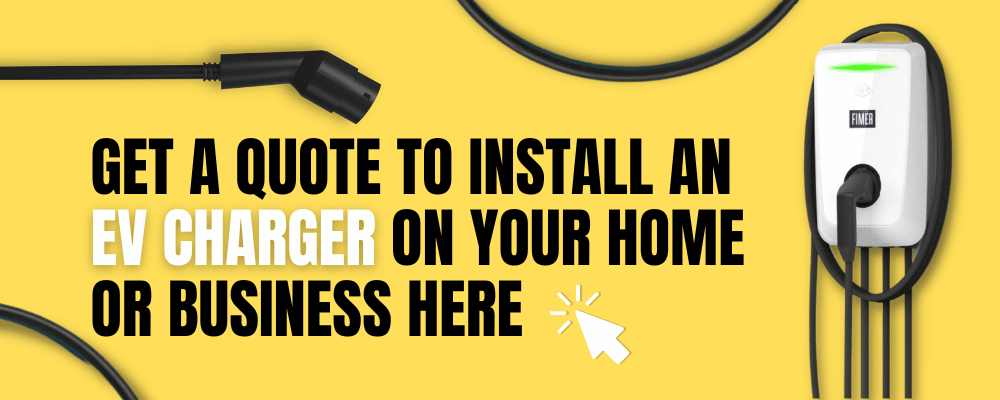To help support the uptake of Electric Vehicles (EVs), many state and territory governments have introduced a range of rebates and incentives. Many have also injected significant funding into public charging infrastructure.
The information below summarises the main EV rebates and incentives currently available in Australia by state/territory, as well as key details on public charging infrastructure investment.
We have also included information on EV road user charges, existing federal and government incentives and EV policies, as well as Labor’s proposed Electric Car.
As part of your exploration into sustainable options, consider gaining valuable insights into solar energy by obtaining FREE solar quotes from Energy Matters, facilitating an informed and seamless transition towards environmentally friendly EV charging solutions.
In this page
What are EV incentives?
Government agencies offer EV incentives in Australia and vary depending on the state and territory. On occasion, the federal government may also provide EV incentives. Electric vehicle incentives in Australia are also subject to change at the agencies’ discretion and may change at any time.
Electric car incentives in Australia aim to support EV uptake across the nation. Australian EV incentives will make purchasing electric cars lighter on your wallet by reducing the upfront cost, providing tax incentives, and reducing on-road costs. EV incentives may also extend to residents and businesses, and EV accessories such as chargers.

Are you ready to convert your next car to an electric vehicle (EV)? Book a test drive now in one of the newest electric vehicles in your location!
Types of electric car incentives in Australia
The various types of incentives for electric cars in Australia can be broadly categorised into two main, financial incentives and benefits that are typically included in the policies of each state.
Exemption/reduction of EV stamp duty
Every vehicle purchased in Australia, regardless of whether it is new or used, necessitates the payment of stamp duty, which is calculated based on the car’s value. The financial incentive for electric vehicles (EVs) in this category eligible vehicle is not fixed. It varies according to stamp duty exemption and to the value of the car, although there may be a maximum limit imposed.
Rebates/subsidies for EVs
Rebates and subsidies are terms often used interchangeably, but subsidies are limited, and they represent a fixed financial incentive. How does it work? If the eligible vehicle’s purchase value falls within or below the specified limit, you are eligible to receive the entire amount of the incentive. Otherwise, no incentive is provided.
Subsidy/Incentive |
||
|---|---|---|
| ACT | ||
| NSW | ||
| NT | ||
| SA | ||
| QLD | ||
| TAS | ||
| WA | ||
| VIC |
State and Territory Government EV Rebates and Incentives
Australian Capital Territory
Zero Emissions Vehicles (ZEVs)
These are vehicles that produce zero tailpipe emissions while driving, including battery electric vehicles (EVs) and hydrogen fuel cell electric vehicles (FCEVs). They contribute to cleaner air and a reduced carbon footprint.
Incentives for buying a ZEV in the Australian Capital Territory (ACT)
The ACT Government provides a range of incentives to encourage people and businesses to buy zero-emission vehicles (ZEVs). Currently, there is no stamp duty on new and used ZEV purchases, and registration fees are lower for vehicles with lower emissions under the ACT’s emissions-based registration system. Eligible households can also access low-interest loans of up to $15,000 to buy a ZEV through the Sustainable Household Scheme. However, stamp duty charges for new and used ZEV purchases will start from 1 September 2025.
In addition, the Australian Government offers further support by providing tax exemptions for ZEV purchases. Since 1 July 2022, employers have not been required to pay fringe benefits tax on eligible zero or low-emission vehicles, making it more affordable for employees to lease an electric or plug-in hybrid vehicle through their employer.
These incentives can significantly reduce the upfront cost of buying a ZEV, making them a more accessible option for Canberrans.
NSW EV rebates
There are currently NO EV rebates in NSW. On January 1, 2024, the stamp duty refund and the rebate for all qualified EV purchases ended.
Queensland EV incentives
The Zero Emission Vehicle Rebate Scheme, which reduced upfront costs for new ZEVs, is no longer available in Queensland. However, the government continues to support EV drivers through discounted registration fees, reduced duties, and investments in fast-charging infrastructure.
Victoria EV incentives
There are currently NO EV rebates in Victoria. New applications for the Zero Emissions Vehicle Subsidy are no longer accepted.
South Australia EV rebate
There are currently NO EV rebates in South Australia.
The subsidy for eligible new battery electric or hydrogen fuel cell vehicles ended on 1 January 2024. Individuals and businesses that entered into a binding contract to purchase an eligible vehicle before this date remain eligible to receive the subsidy, as long as their application was submitted by 31 December 2024. Applications submitted after this date are not accepted.
The registration exemption for electric vehicles remains unchanged. A three-year exemption is still available for eligible new electric vehicles valued under $68,750 and first registered between 28 October 2021 and 30 June 2025. However, vehicles first registered from 1 July 2025 onwards will not qualify for any registration exemption.
Western Australia EV rebate
The Zero Emissions Vehicle (ZEV) rebate scheme has now closed, with applications closing at midnight on 10 May 2025. Introduced in the 2022-23 State Budget, the scheme aimed to encourage more Western Australians to buy zero-emission vehicles by offering a $3,500 rebate for eligible purchases.
The program proved highly popular, leading the Cook Government to increase funding by an additional $14.7 million in 2024-25, raising the total investment to over $51 million. By 31 March 2025, a total of 11,868 rebates had been paid out, amounting to $41,538,000.
Tasmania EV incentives
The e-Mobility rebates for e-bikes, cargo e-bikes, e-scooters, e-skateboards, and electric vehicles have now closed.
However, interest-free loans are still available through the Energy Saver Loan Scheme. These loans can be used to install dedicated electric vehicle charging infrastructure, which charges EVs faster than a standard power point, and are open to households, small businesses, and non-profit organisations. Interest-free loans are also available for purchasing e-bikes and cargo e-bikes. Under this scheme, eligible applicants can access loans ranging from $500 to $10,000, repayable over three years, for approved energy-efficient products.
Northern Territory
Electric Vehicle Charger (Residential and Business) Grants Scheme
The scheme aims to encourage the adoption of electric vehicles (EVs) by providing financial support for installing EV chargers at residential properties and businesses.
- Eligibility:
- Residential property owners: Owners of residential properties with EVs can apply for grants of up to $1,000 to install chargers.
- Business owners: Businesses can receive grants of up to $2,500 for installing EV chargers.
- Application process: Applications are currently open and will be processed on a first-come, first-served basis.
- Review and amendments: After 6 to 12 months, the scheme will be reviewed and may be adjusted to align with the Northern Territory Government’s objectives
Ready to go solar? Get an instant assessment
To find out how much a solar system with storage or even an EV charger will cost, try our easy-to-use solar power and battery storage calculator! Our solar calculator will generate performance data as well as possible cost savings.
We can forward your information to 3 trusted local installers in your area to obtain free, no-obligation solar quotes.
Find out how much you can expect to pay for solar
Ready to find out more? Get FREE quotes for solar, batteries + more
*Prices quoted are to be used as a guide only and do not factor in state and other rebates and incentives. Includes STC discount.









































